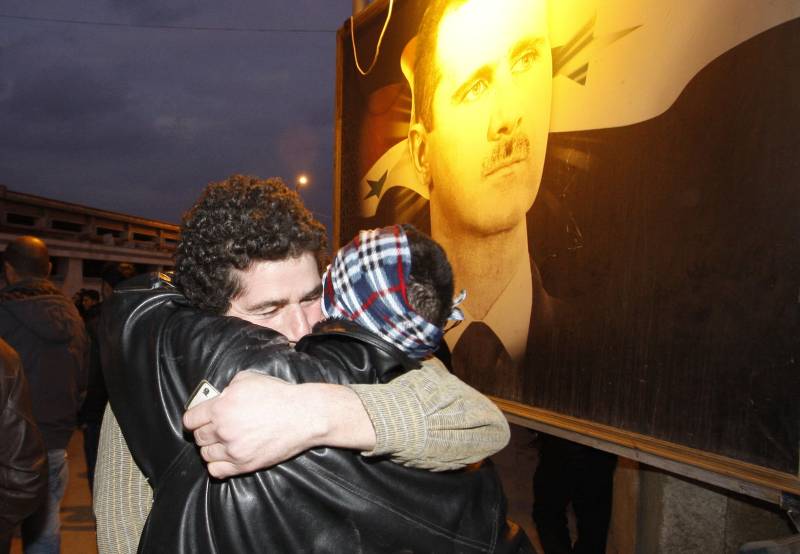Federal officials detained the 72-year-old in July at Los Angeles International Airport on charges of immigration fraud, specifically that he denied on his U.S. visa and citizenship applications that he had ever persecuted anyone in Syria, according to a criminal complaint. He had purchased a one-way plane ticket to depart LAX on July 10 en route to Beirut, Lebanon.
Human rights groups and United Nations officials have accused the Syrian government of widespread abuses in its detention facilities, including torture and arbitrary detention of thousands of people, in many cases without informing their families.
The government fell to a sudden rebel offensive last Sunday, putting an end to the 50-year rule of the Assad family and sending the former president fleeing to Russia. Insurgents have freed tens of thousands of prisoners from facilities in multiple cities since then.
In his role as the head of Adra Prison, al-Sheikh allegedly ordered subordinates to inflict and was directly involved in inflicting severe physical and mental pain on prisoners.
He ordered prisoners to the “Punishment Wing,” where they were beaten while suspended from the ceiling with their arms extended and were subjected to a device that folded their bodies in half at the waist, sometimes resulting in fractured spines, according to federal officials.
“Our client vehemently denies these politically motivated and false accusations,” his lawyer, Nina Marino, said in an emailed statement.
Marino called the case a “misguided use” of government resources by the U.S. Justice Department for the “prosecution of a foreign national for alleged crimes that occurred in a foreign country against non-American citizens.”
